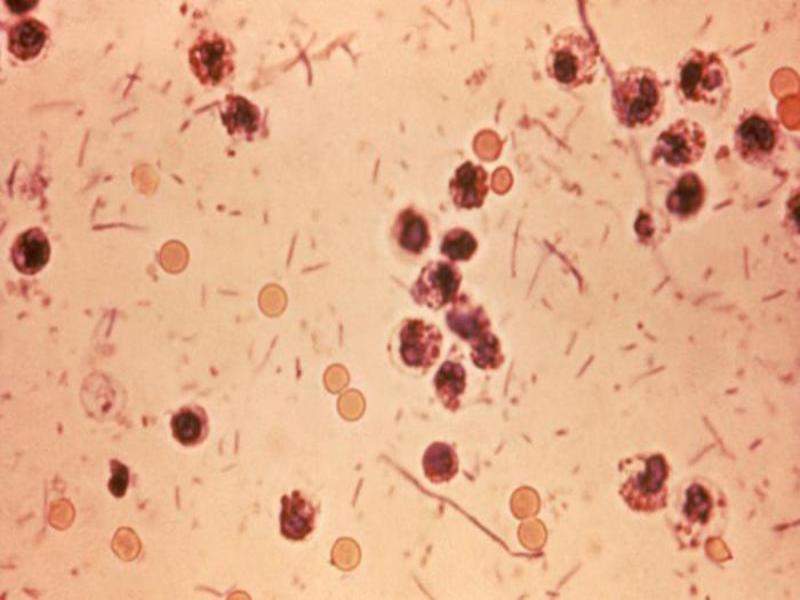

The UK’s Prokarium and Mexican-based Probiomed have collaborated to scale-up the manufacture of orally administered vaccines to prevent ‘Montezuma’s revenge’ or diarrhoea.

Discover B2B Marketing That Performs
Combine business intelligence and editorial excellence to reach engaged professionals across 36 leading media platforms.
The vaccines would be manufactured as part of a two-year project in a formulation that would enable stability at 40°C for a longer period.
Shigella, enterotoxigenic E. coli (ETEC) and non-typhoidal Salmonellosis are the primary bacterial causes of diarrhoea and together they account for one billion cases globally every year.
If diarrhoea is not treated in children it can cause severe dehydration and death.
Prokarium CEO Ted Fjallman said: “Prokarium’s technology avoids the need for injections with a needle and more importantly means it can be delivered to people living in remote resource-poor areas, as the vaccine is stable at high temperatures and can be manufactured for approximately one third of the price of conventional injectable vaccines.

US Tariffs are shifting - will you react or anticipate?
Don’t let policy changes catch you off guard. Stay proactive with real-time data and expert analysis.
By GlobalData“Together with Probiomed we now aim to prove we can scale-up and make enough of these vaccines to really make a difference to people worldwide.”
Self-administered oral vaccines are expected to reduce the cost, as well as increase the scope of vaccination, especially if they are thermostable over several weeks.
Probiomed CEO Jaime Uribe Wiechers said: “One of Probiomed’s strategic goals focuses on the company’s capitalisation of its advanced manufacturing technologies, a very important step is taken by this collaboration.
“I’m positive that the technological background of this product, along with Prokarium’s expertise in biotechonolgy and our own, will lead to a high added value vaccine that will enhance people’s health on both continents.”
The collaboration between Prokarium and Probiomed is supported by the UK Government’s Newton Fund, administered by Innovate UK, and by the Mexican Government’s innovation agency CONACYT.
Image: Photomicrograph of Shigella, one of the leading bacterial causes of diarrhoea. Photo: courtesy of Centers for Disease Control and Prevention Publich Health Image Library.




